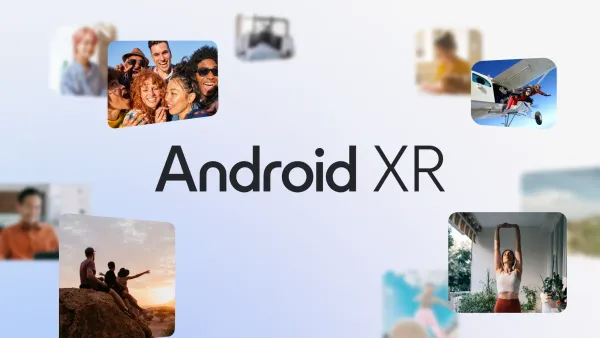XR Developer News - December 2024
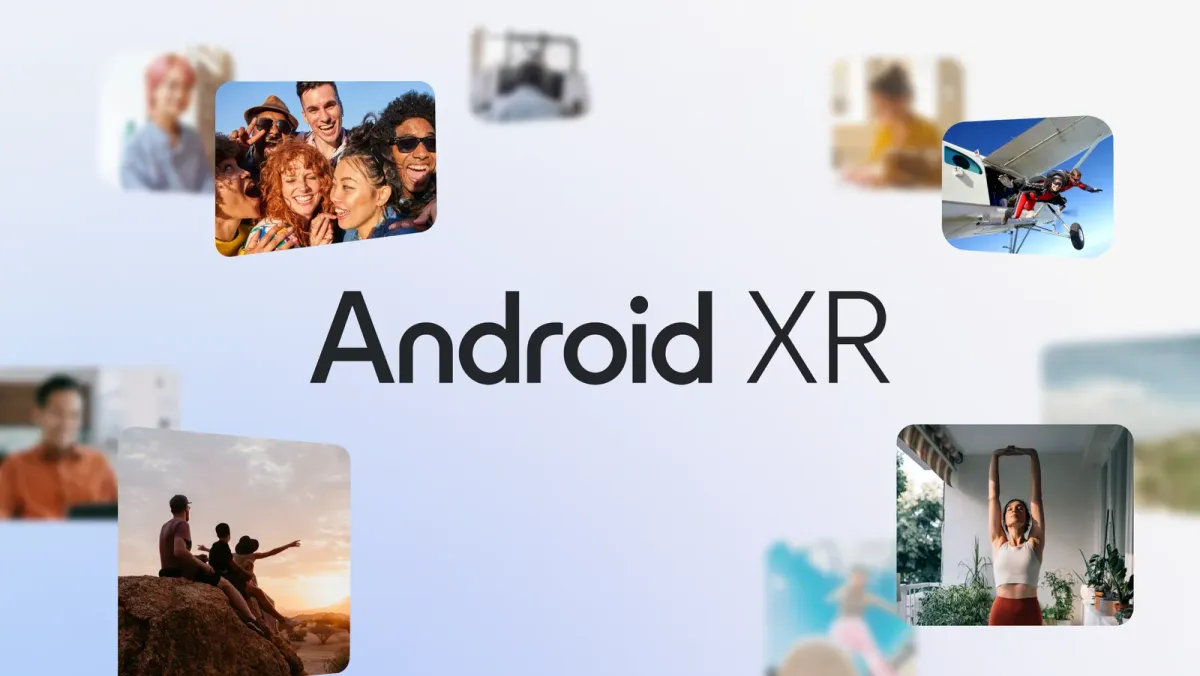
Here I was thinking it would be a quiet December, when Google decided to announce Android XR. Long rumoured, finally announced, but still a long way from being in the hands of consumers, I find it hard to guess what impact it will have. However it turns out though, more competition in the XR will definitely be a good thing. So, just before we close off the year, let's have a look at what happened in XR developer news this month.
Google Android XR
It feels like forever ago that Google first announced that it was working on an XR initiative with Qualcomm and Samsung, and the software side of that partnership is now finally public as Android XR. To get to the odd part right away, it seems like the hardware side of that partnership is still quite far from shipping, with Samsung's Project Moohan headset slated for a '2025' release, which feels like it'll be towards the end of '25 judging by the messaging.
To highlight the announcement, Google held an XR Unlocked event of which so far it has only released a few videos. To get a rough idea, it published an 8 minute summary of the main takeaways accompanied by a related blog post.
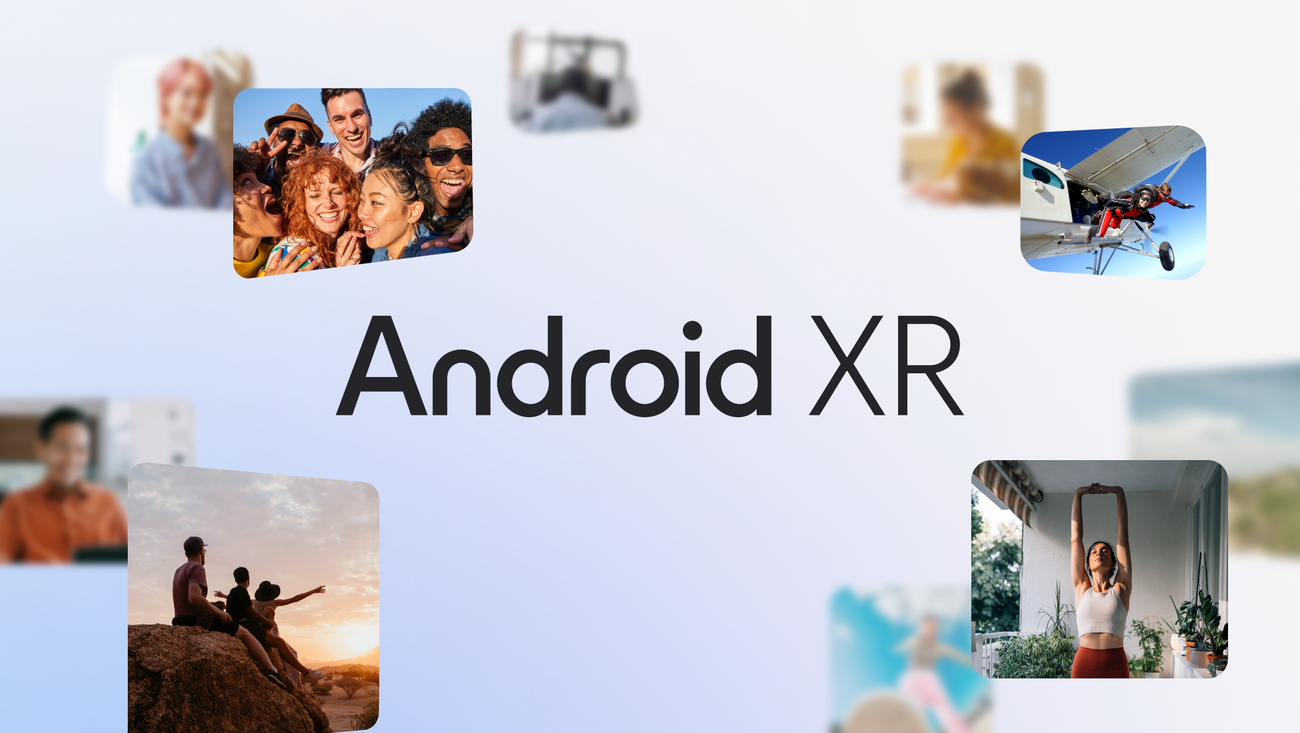
Judging by the vibes of the operating system, it all feels very familiar, with parts of Meta's Horizon OS and Apple's visionOS mixed in with a bunch of AI features based on Google's Gemini. Honestly, to me Gemini feels like a potentially great addition to a glasses form factor, but I'm struggling a bit to see it really being a core use case in a headset form factor, but that didn't stop Google's marketing machine from going all in on it.
There was also a lot of talk about Android XR being for smart glasses (Project Astra) as well, but that's all 'future music', as that's many many years out and in no way part of the package that was released now, which was squarely in mixed reality headsets territory.
So, ignoring Gemini and smart glasses for now, and focusing on the mixed reality headset parts, what is the situation for developers? Pretty good actually it seems.
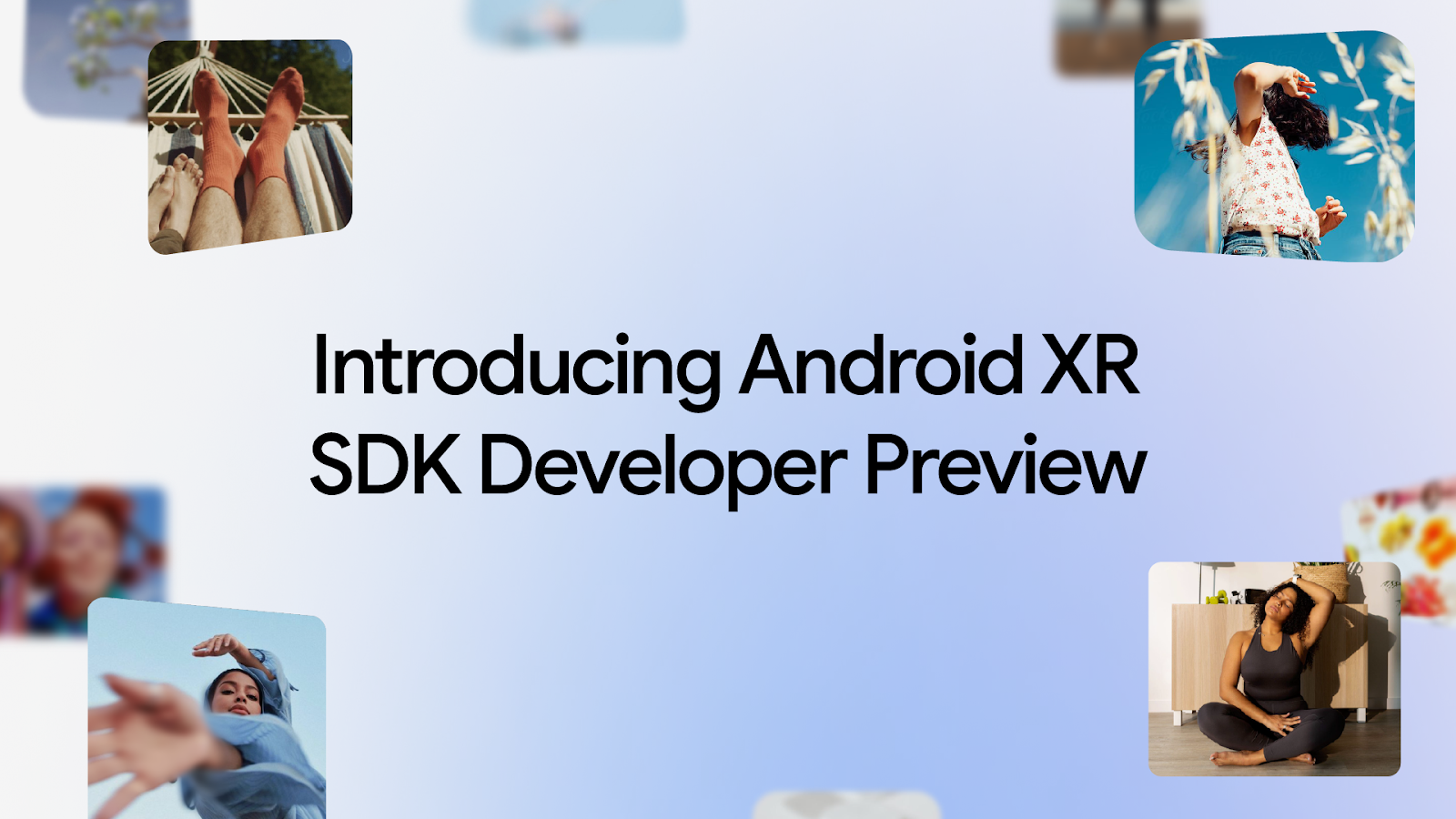
Realising that it's a late entrant into an existing market, without any install base or hardware ready to ship, fighting an uphill battle against incumbent Meta, Google clearly chose to try and make developing software for the platform as easy as possible, supporting the most common development stacks and several open standards.
Of course Unity (forum announcement) is supported, largely based on the standard Unity XR packages, and - surprising nobody - native Android development is also present. Alternatively OpenXR 1.1 and WebXR are supported. The most obvious missing link is Epic's Unreal Engine, similar to the situation with Apple's visionOS, undoubtedly because of the legal battle Epic is waging against the two companies to open up the economics of the App Store and the Play Store.
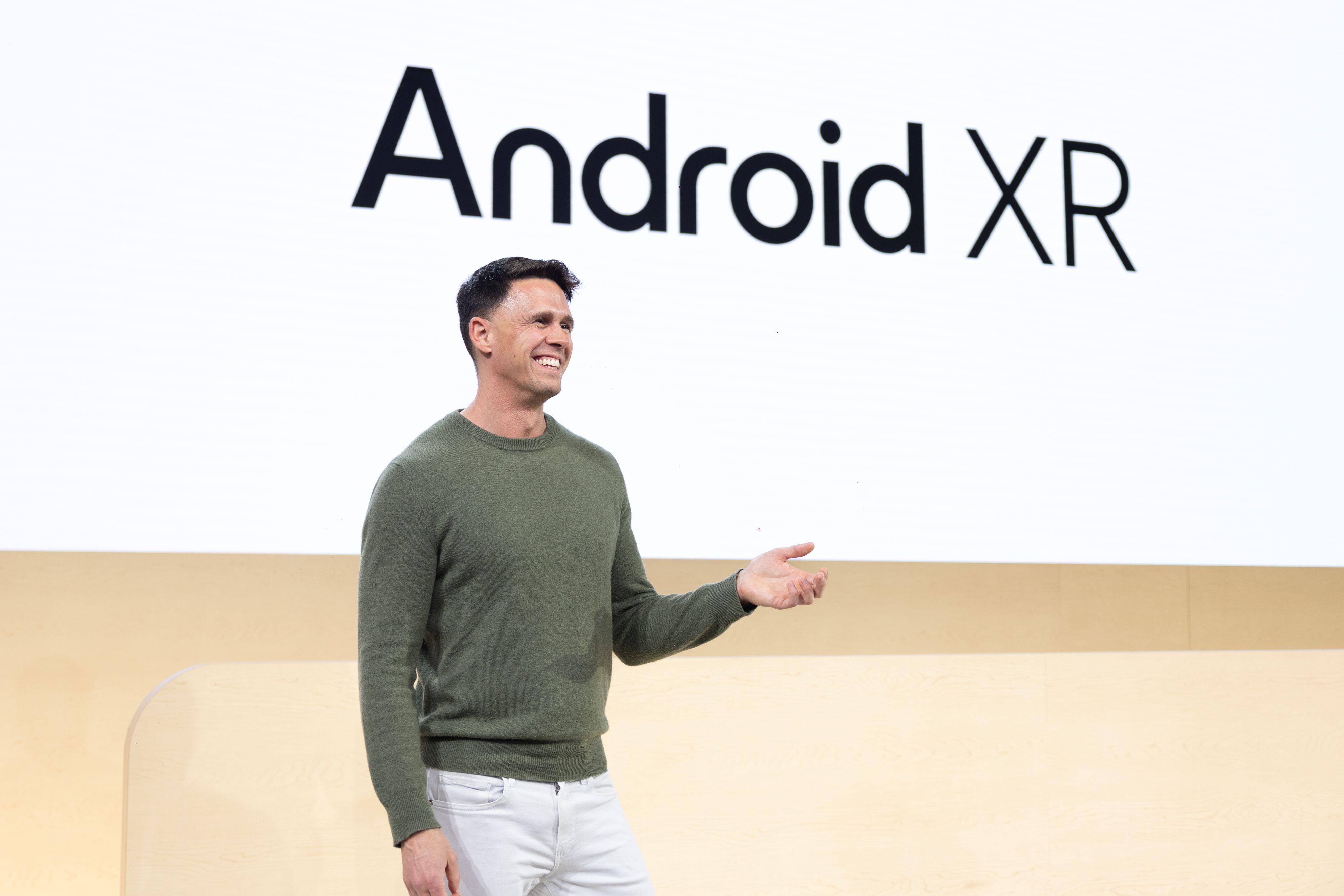
What Android XR means for Qualcomm's Snapdragon Spaces is a bit hard to parse from Qualcomm's statement, but I guess it's being deprecated?
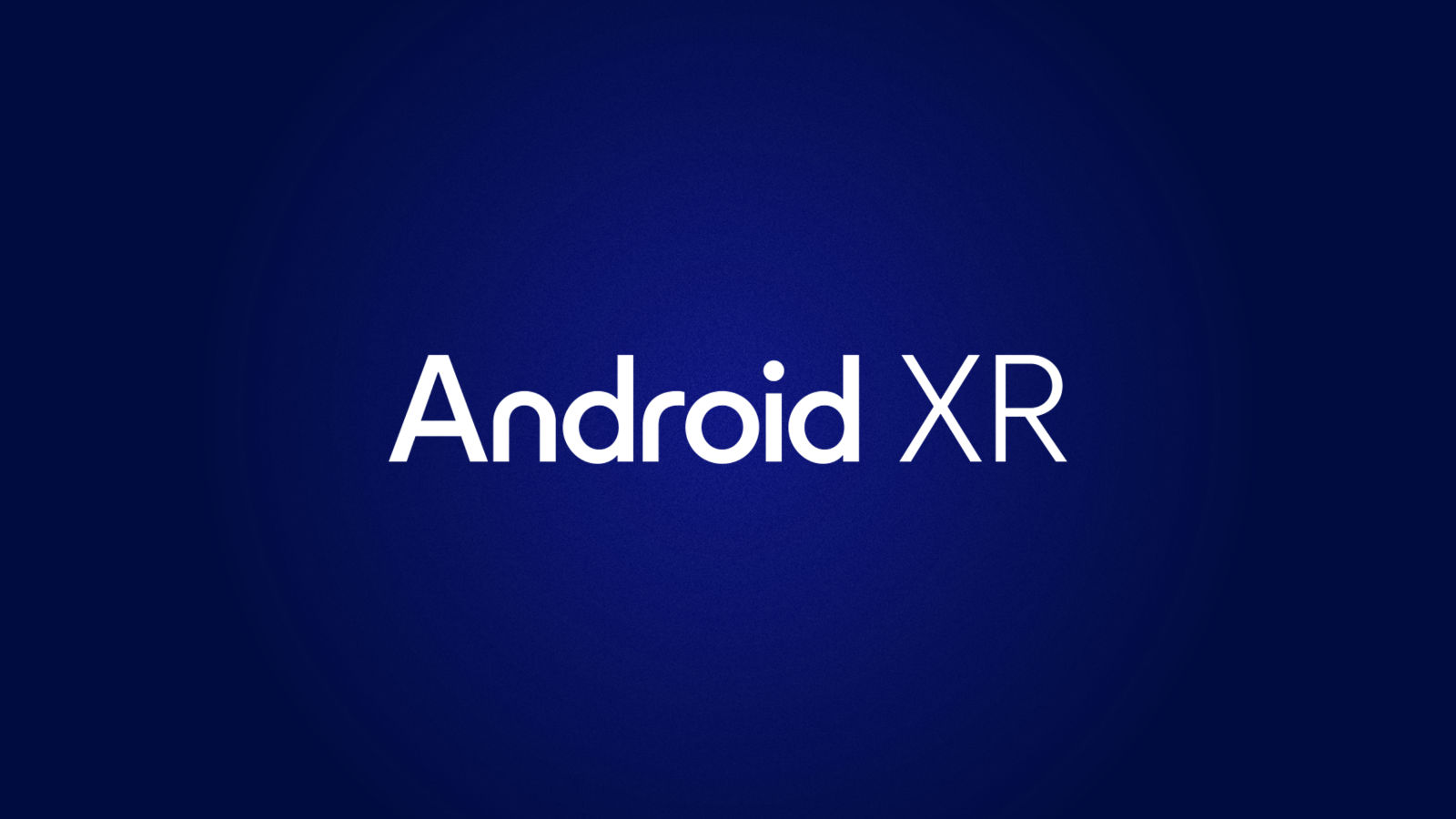
A few videos of the XR Unlocked event have been published about Unity/OpenXR, Android and design. Unclear for now is whether any others will be published, so if you're interested, it might be good to keep an eye on the relevant YouTube channel.
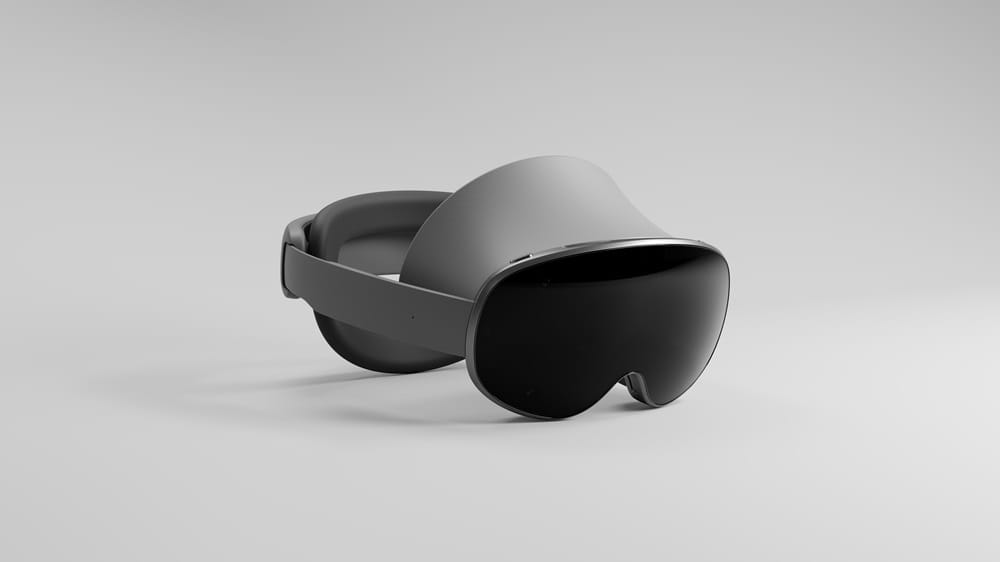
On the hardware-side, details were sorely lacking. Samsung showed off its prototype Project Moohan headset, but it seems that is still very much not a finished product. A few others were mentioned without any details, including Lynx (which seems to be basing its v2 headset on Android XR), Sony (I assume the professional headset side of things, not PlayStation VR), XREAL (perhaps some far future smart glasses?) and Magic Leap (which merely got an extremely vague 'we're collaborating with' nod).
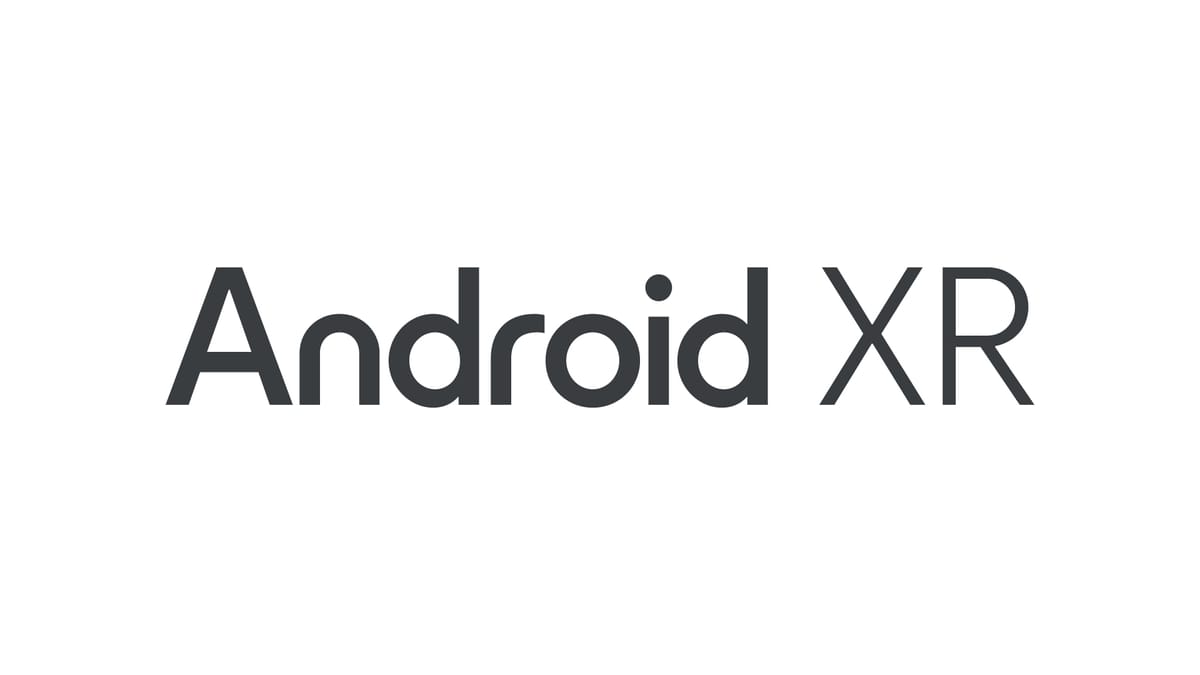
If you're interested in the further details of the announcement, I recommend Antony Vitillo's overview post for another solid write-up.
So, what to make of Android XR?
The Good
- Competition works wonders. Meta is clearly the big dog, and Apple has a serious entrant in this fight as well, let alone several of the smaller XR-specialised companies. If anything, Google will keep the others on their toes.
- With Samsung as the main partner, the initiative seems to be taking a serious shot at the market, even with many details still unclear.
- The supported development stacks make developing for the platform much more pleasant, compared to for instance the more custom approach Apple took.
The Bad
- The almost complete lack of details on any hardware running Android XR, even from Samsung. No specs, no pricing, no near term timing. Also unclear what degree of skinning Samsung will do of Android XR, adding duplicate Samsung apps for all core features, etc. I for sure wouldn't count on Project Moohan running clean, stock Android XR.
- Unclear how Google and its hardware partners will be competitive with Meta in the low end and Apple in the high end. Those two are clearly differentiated, but how Google will stand out amongst them is unclear. What has been shown so far has a bit of a 'more of the same' feeling to it, with few original thoughts.
- Gemini might be great on glasses, but I'm struggling to see it be a real strength in the headset category. Nobody wears headsets passively and I don't think you'd actively put a headset on for that use case.
- While it apparently gave some nifty smart glasses demos, there is no hint whatsoever of a roadmap to shipping anything in that space.
The Ugly
- Who knows how long Google will stay interested, considering its track record? Google Daydream, Google Stadia and many many other things it lost interest in in the past and stopped supporting or outright killed, would make me extremely hesitant as a developer or business to invest any serious effort into the platform until much more trust has been earned by Google.
Meta
Of course no month goes by without a significant Meta presence, and this one is no exception:
- Horizon OS v72 was published with improvements to hand tracking (v2.3) as the main developer feature. Most SDKs still seem to be at v71 though.
- Although Horizon OS v71 rolled out last month, this month several details of the release and related SDKs got some more attention.
- For those developing 2D Horizon apps based on Android, working with billing and WebViews became a bit easier.
- Putting together colocated XR experiences as well.
- Avatars should also look a bit more expressive when people are speaking.
- Developing cross-platform with Meta's SDKs is gradually becoming simpler, undoubtedly as Meta prepares for a multi-platform future <cough>Android XR</cough> in which developers will be more hesitant to build on platform-specific SDKs. Case in point: haptics and hands.
- To close off the year, Meta published a blog with a round up of a bunch of recent updates, including in v71 and v72.
Other XR hardware and software
- Still surfing the wave of positive attention it got for its release of Spectacles 5, Snap keeps updating the software on the device and its developer tools. Lens Studio was updated to v5.4 (video). Spectacles OS received a December 2024 update (v5.59, video) and a git repo with a number of sample lenses.
- Apple released visionOS 2.2 and Unity updated its visionOS integration, with support for visionOS object tracking as main new feature.
- Godot continues to improve its XR support, as it has been doing a lot this year.
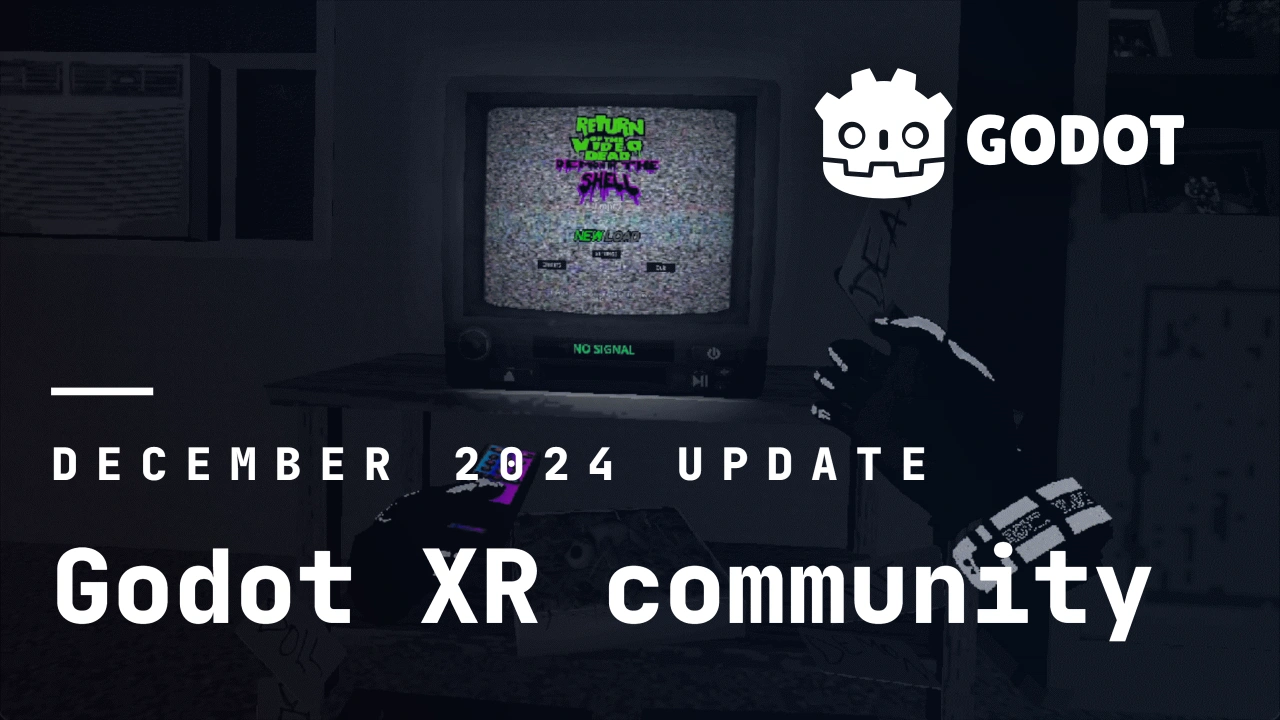
- Pico has some interesting thoughts on standardising multi-application support on XR headsets, similar to the shared space of visionOS. It also shared some videos with tutorials on working with its various SDKs.
- Apparently, Sony is working on adding hand tracking support to PSVR2, while there are rumours that its controllers might be supported by Apple Vision Pro in the future.
- TikTok Effect House v4.9 was released with minor improvements.
- Magic Leap released v1.11 of its OS, including support for Unity 6 and some other smaller updates.
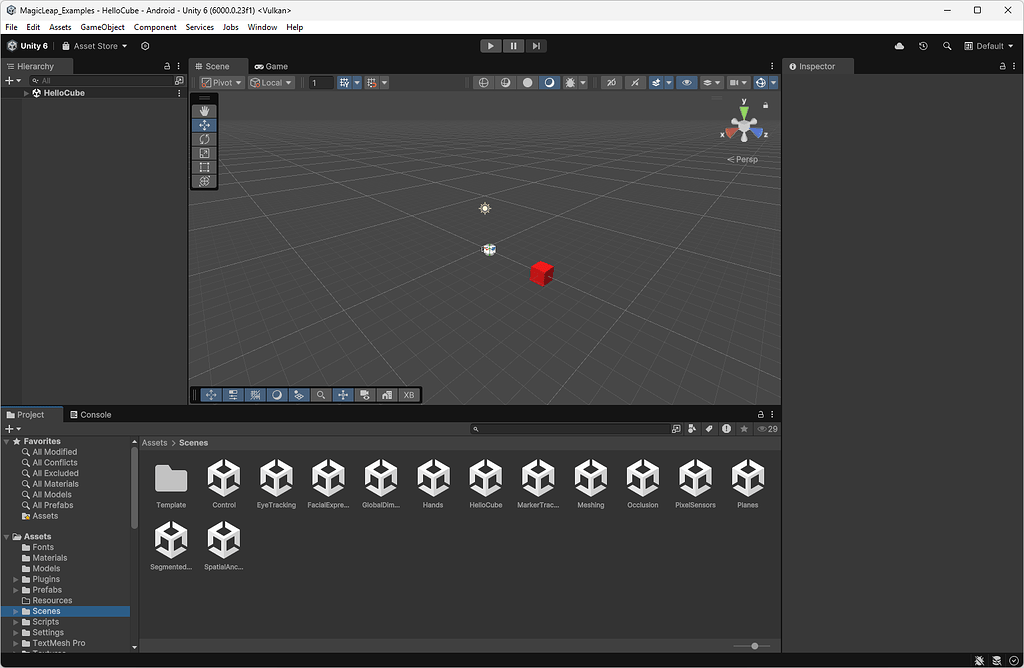
Other XR tidbits
- Niantic launched a way to view its Scaniverse gaussian splat scans on Meta Quest. Surprisingly interesting to try out for a few minutes. It apparently built the experience in its own tool Niantic Studio.
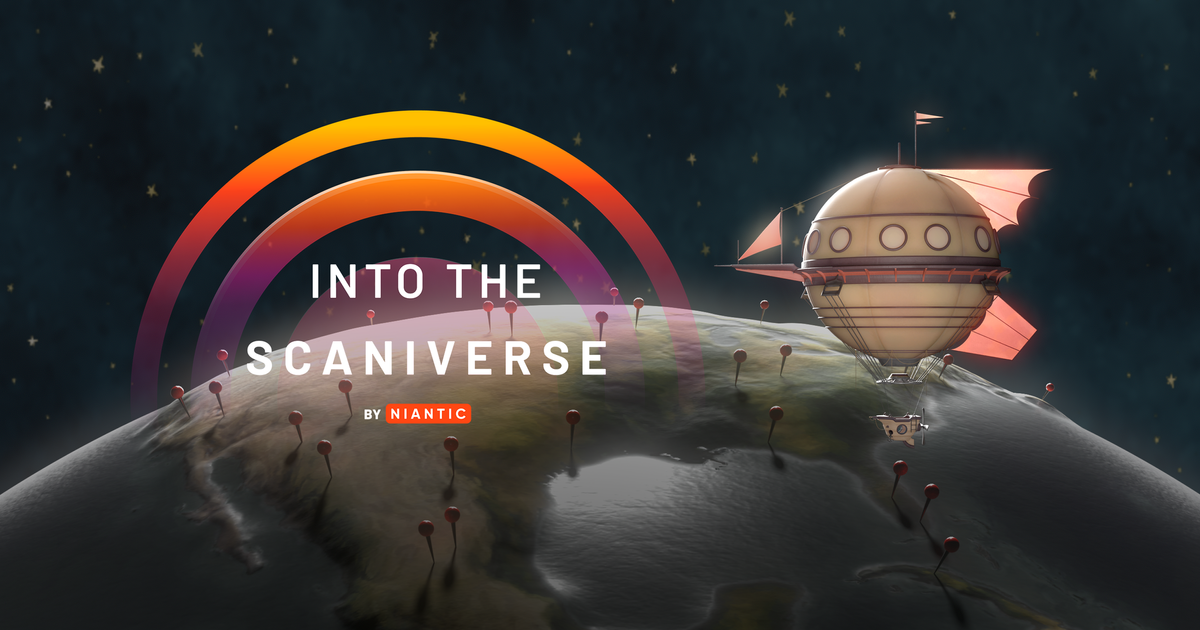
- Antony Vitillo wrote up a good overview of Visual Positioning System technology. Note that it's sponsored by VPS Immersal, but even so a good read.
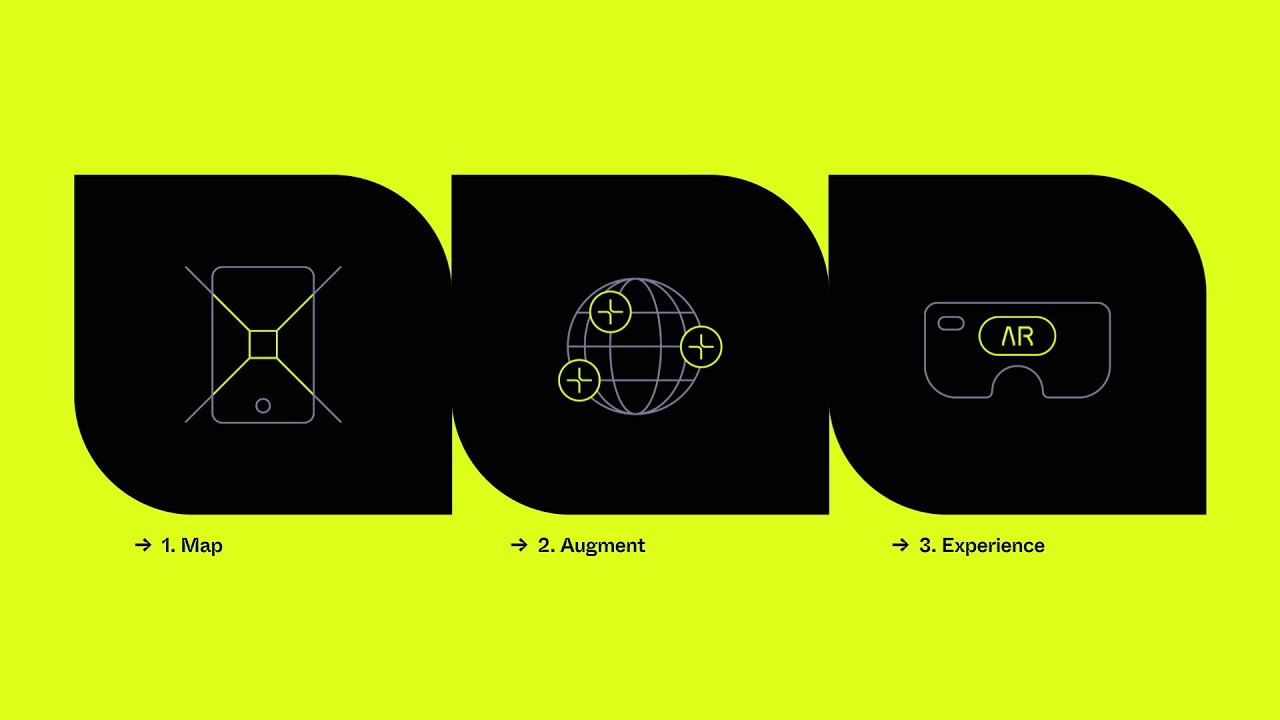
- Gabriele Romagnoli had an interesting interview with Wonderland Engine's CTO Jonathan Hale, one of the most prominent proponents of XR on the web that I know of.
Upcoming XR events
- January 13, 2025 - XR Design Challenge submission deadline.
- January 23-27, 2025 - MIT Reality Hack in Cambridge, MA. More info here.
- February 12, 2025 - XR Creators Connect #5. Latest edition of the in-person XR meetup in The Netherlands which I co-organize. For my Dutch readers: hope to see you there!
- April 9-11, 2025 - Laval Virtual in Laval, France.
- June 10-12, 2025 - AWE USA in Long Beach, California. Call for speakers until February 11th.
- August 24-26, 2025 - AWE Asia in Singapore. Call for speakers until May 15th.
- November 19-20, 2025 - AWE EU in Vienna. Call for speakers until May 1st.
A bit about this newsletter
Each month I try to round up all the interesting developments in the XR developer landscape. New hardware and software releases, events, interesting tooling, etc. Feel free to reach out to me on LinkedIn, for instance if I missed anything which definitely should be in this monthly round up next time.












